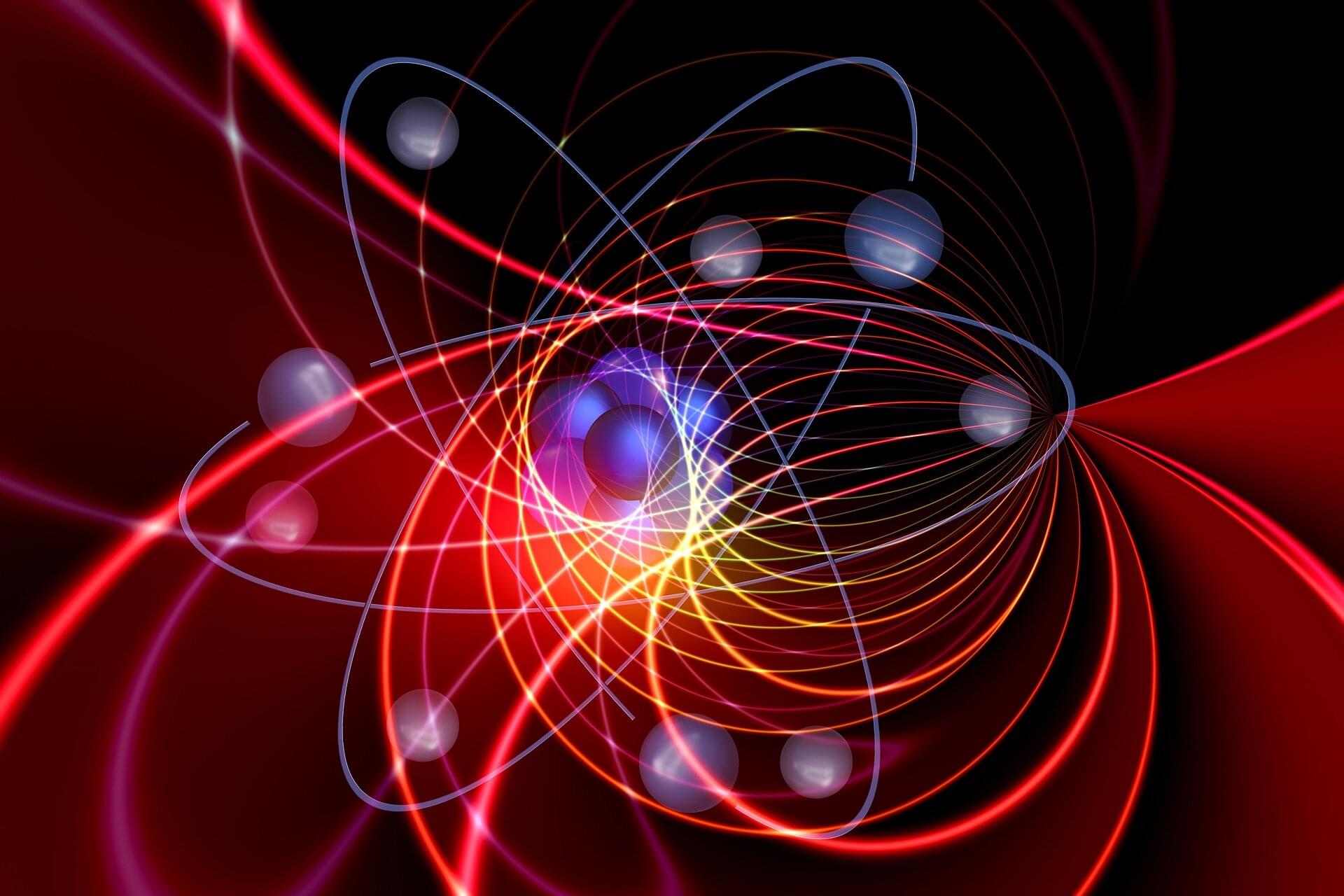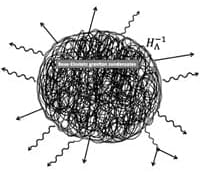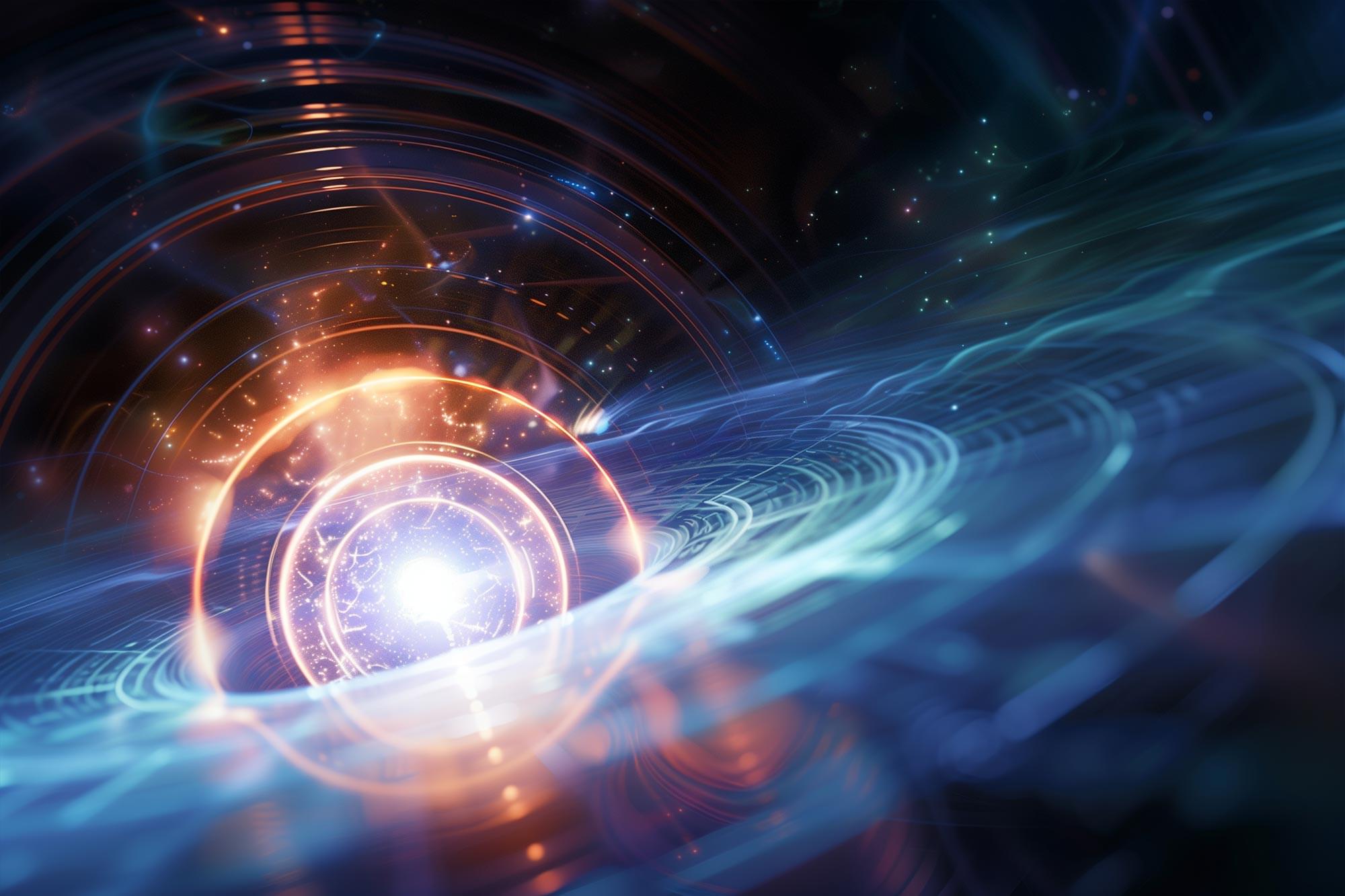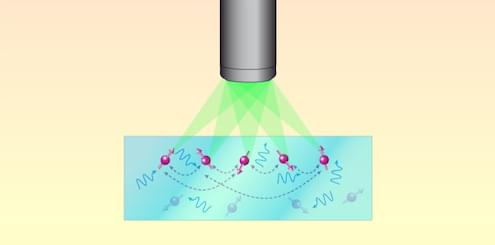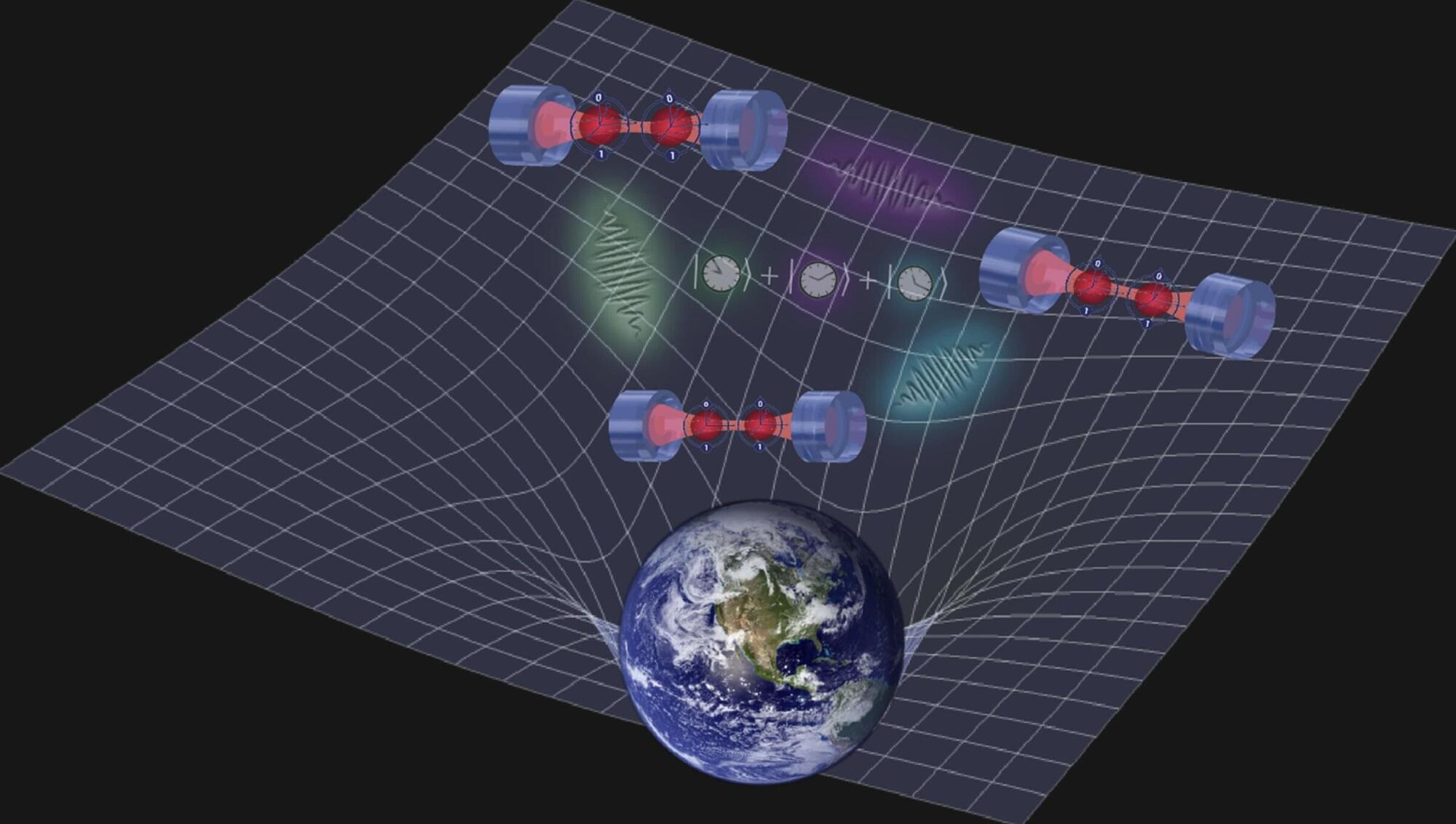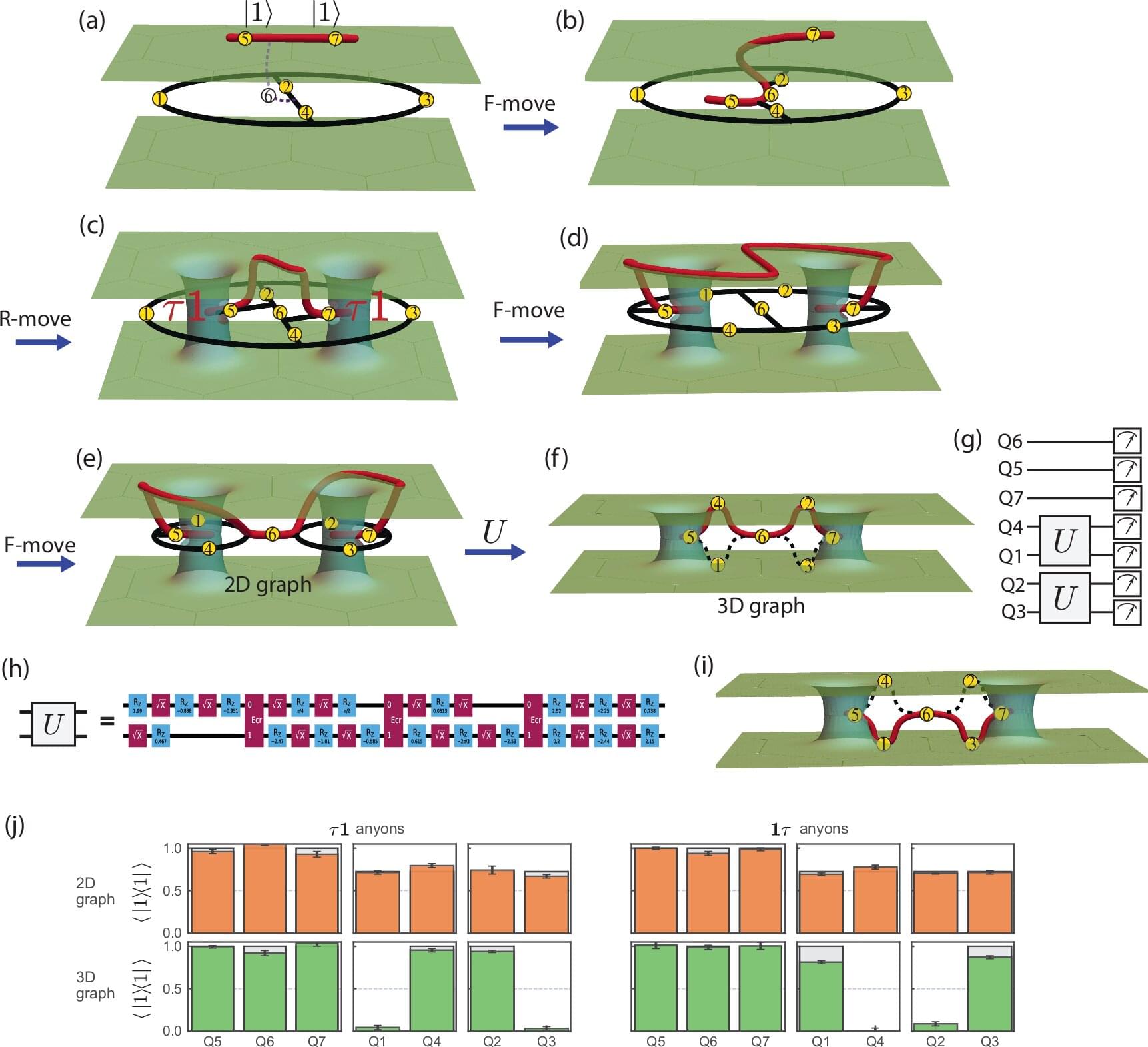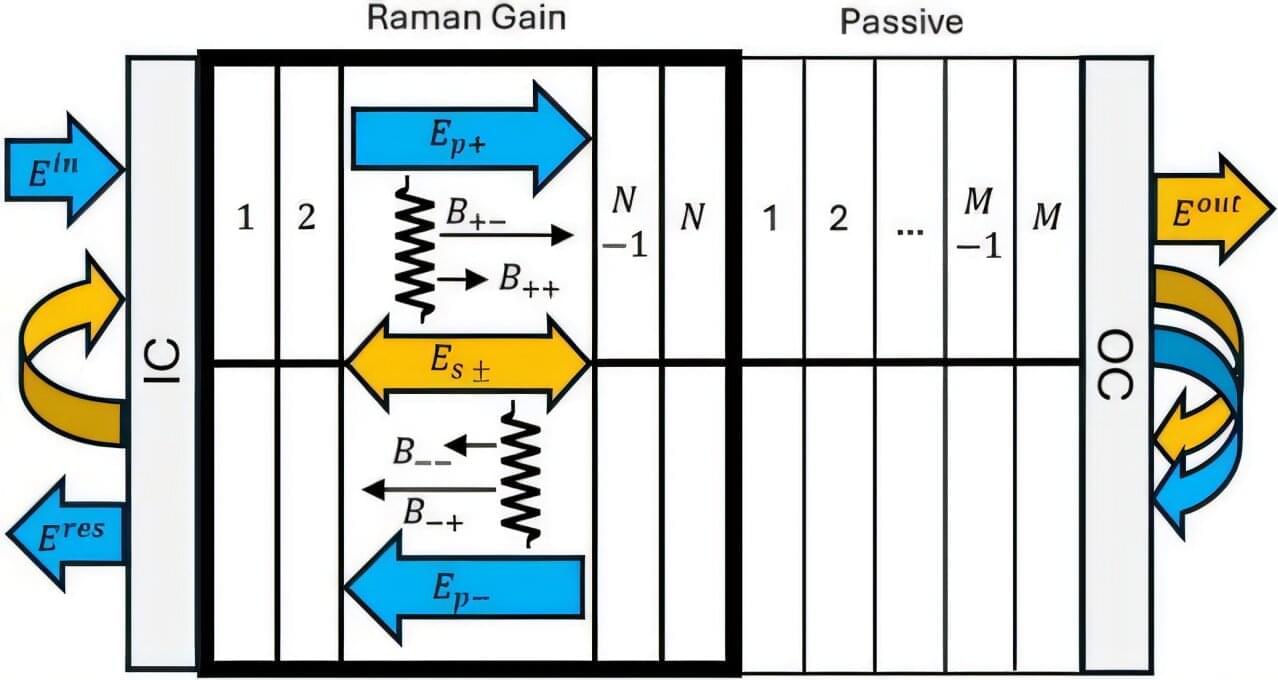From punch card-operated looms in the 1800s to modern cellphones, if an object has “on” and “off” states, it can be used to store information.
In a laptop computer, the ones and zeroes that make up the binary language are actually transistors either running at low or high voltage. On a compact disc, the one is a spot where a tiny indented “pit” turns to a flat “land” or vice versa, while a zero represents no change.
Historically, the size of the object cycling through those states has put a limit on the size of the storage device. But now, researchers from the University of Chicago Pritzker School of Molecular Engineering have explored a technique to make the metaphorical ones and zeroes out of crystal defects, each the size of an individual atom, for classical computer memory applications.
UChicago researchers created a ‘quantum-inspired’ revolution in microelectronics, storing classical computer memory in crystal gaps where atoms should be.
